The government’s objective to ‘halve inflation’ by the end of the year seems to be back on track – for now. Last week’s interest rate hike was delivered with an updated inflation forecast from the Bank of England, showing the rate slowing to 4.7 per cent by the end of the year, just below Rishi Sunak’s target. The better-than-expected fall in the headline rate last month has forecasters thinking things are finally moving in the right direction. As Ross Clark reports on Coffee House, Capital Economics is expecting another major fall in the rate next week – down to 6.9 per cent on the year – when July’s figures are released.
But what is the government’s real aim: to technically meet its target of halving inflation, or for people to notice the difference in their spending power? If the inflation rate stays on track – and that’s a big if – the former may be feasible. But this second aim is going to prove much more difficult, as pointed out by the Bank’s Huw Pill in a public Q&A session this week.
Speaking about food prices, Pill was candid that any kind of meaningful dip in cost may still be a long way off. The Chief Economist warned that cheaper food costs are ‘something we may not be seeing for a while yet, if in the future at all,’ as the Bank predicts overall food prices will by rising by 10 per cent by the end of the year: down from a peak of a staggering 19.2 per cent this winter, but still rising at a fairly rapid pace.
Pill cited supply chain issues due to Russia’s war against Ukraine as one of the big factors keeping food prices high – and largely out of the control of the UK’s politicians and bankers. But labour shortages will be a factor too: supermarkets are no exception to the rule of surging costs across the services sector, which has led to higher prices for consumers.
According to the Bank’s current forecasts, the rate of inflation for food will roughly halve from its peak by the end of the year – the same as the trajectory for the headline rate. But will consumers understand what this means? According to polling from Survation at the start of summer, there is widespread confusion about what ‘halving inflation’ really means, with over 60 per cent of respondents making the wrong assumption that cutting the rate of inflation means prices either stay the same or drop from where they are now. Only 32 per cent of respondents correctly assessed that prices would continue to increase, albeit at a slower rate.
This misunderstanding of ‘halving inflation’ may play well for the government for a while, as the headline numbers drop and a good news story seemingly emerges. But it’s going to be impossible to cover up what these figures really mean when consumers see their bills – like their weekly shop – continue to rise next year. Who will they blame when this grim realisation hits? That same polling would suggest that more fingers will be pointed at Whitehall than Threadneedle Street, with 40 per cent of respondents convinced that the inflation target is the remit of the government, edging the 39 per cent who said the Bank of England.
It’s easy to forgive people for thinking the tools to control inflation are in the government’s hands, as No.10 and the Treasury have been insisting since January that the rate of inflation is something that is within their control: a claim which became tricky when the rate of inflation wasn’t dropping as quickly as predicted earlier this year, and one that could get trickier, even if the headline rate is technically halved. For all the talk of wage increases recently, and the effect of higher salaries on inflation, average wage hikes have still not overtaken the rate of inflation, meaning that in real terms, workers have been experiencing a wage hit month on month.
No doubt they’ve clocked the ways in which they are poorer – and will continue to do so when prices keep going up next year.
Got something to add? Join the discussion and comment below.
Get 10 issues for just $10
Subscribe to The Spectator Australia today for the next 10 magazine issues, plus full online access, for just $10.


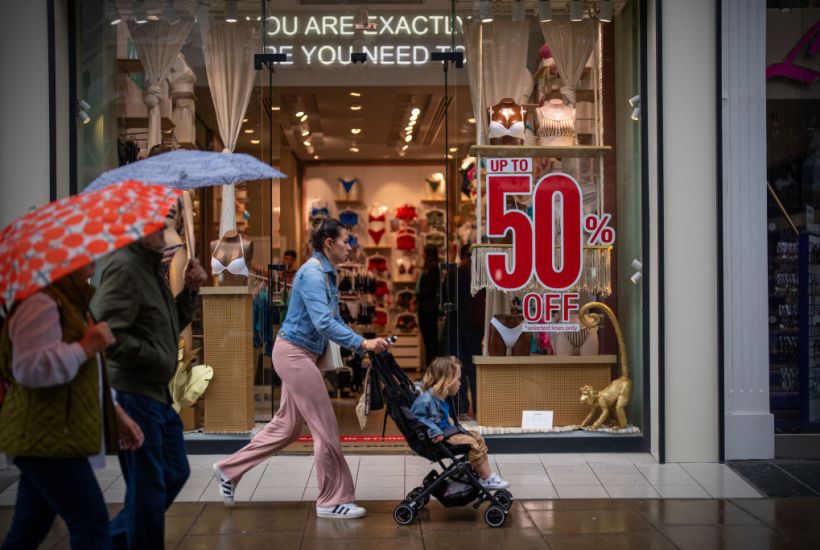
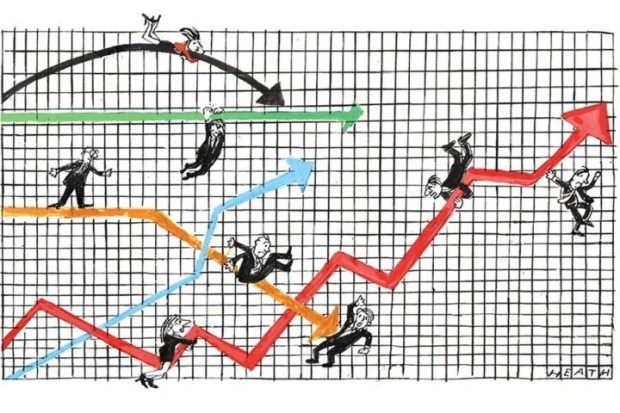
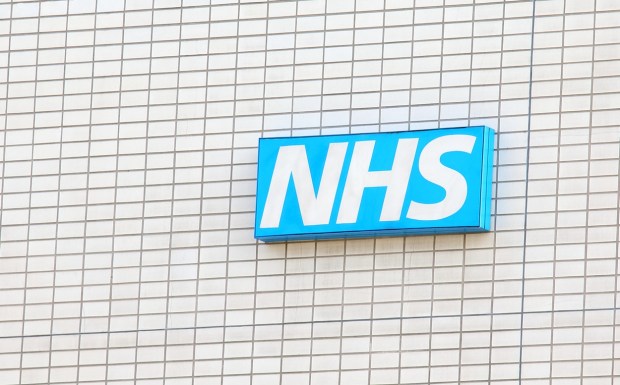


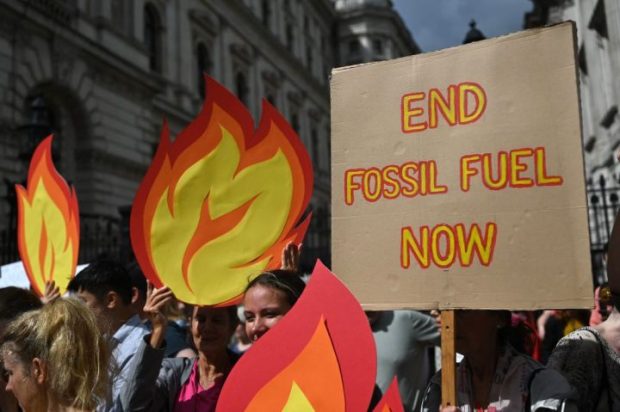
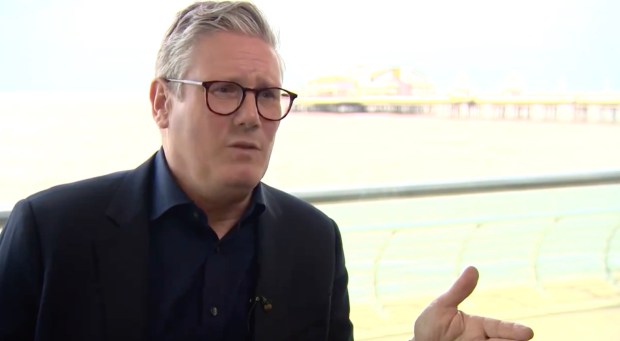












Comments
Don't miss out
Join the conversation with other Spectator Australia readers. Subscribe to leave a comment.
SUBSCRIBEAlready a subscriber? Log in